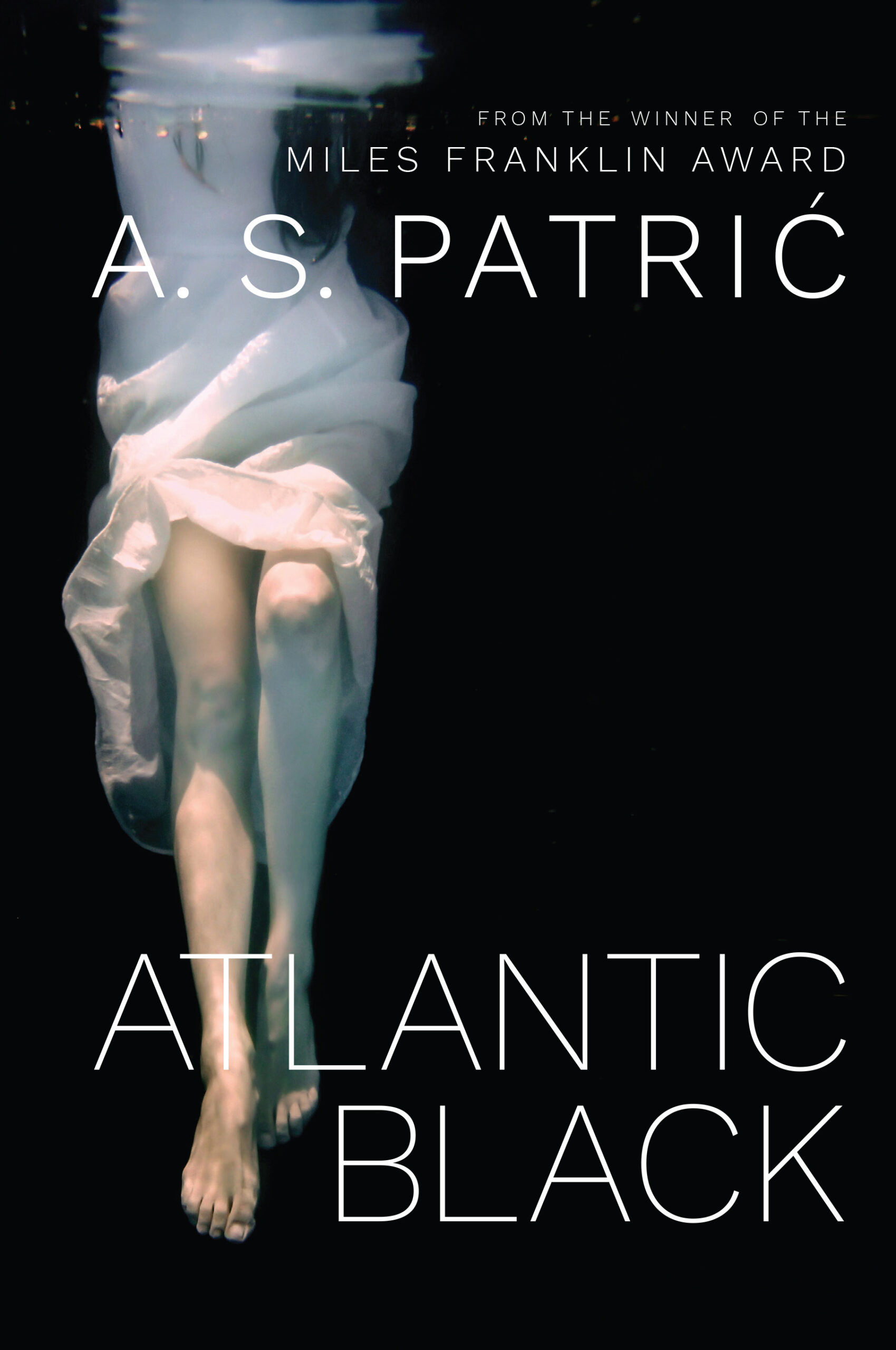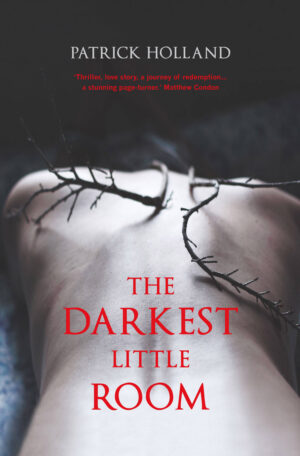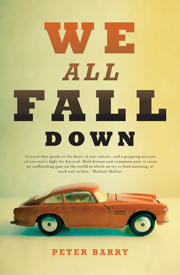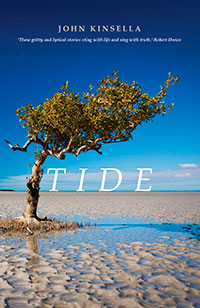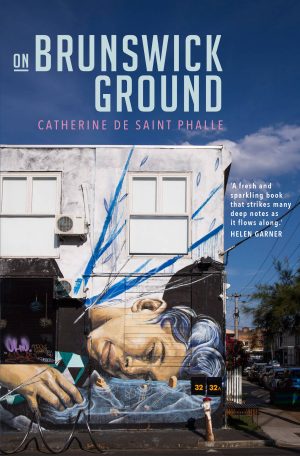When I finished reading Alec Patrić’s latest book, I was surprised to find myself in the same room as I was when I started reading. Surely something must have changed. I had been swept away on a journey and yet had nothing to show for it except my heart beating faster. This is the effect of Patrić’s writing. He will toss and turn you, and never let you go. It makes reading his work an almost physical act.
Over a mere 24 hours, the action takes place on a cruise ship heading away from Europe, crossing the Atlantic Ocean – on the brink of 1939. It’s a huge boat, with multiple decks, rooms and corridors. We are privy to the meandering nature of the boat, the guests on it passing through common spaces and their own private cabins as if searching for a new distraction. But 17-year-old Katrina Klova and her mother are instead swept up in the trauma of their past. Klova’s mother suffers an immense breakdown and withdraws. Her daughter is left to navigate the ship on her own, with only letters from her older brother to keep her anchored. It’s not nearly enough. Katrina is offered a variety of diversions, but this only increases her alarm, and therefore the reader’s. Patrić writes in intricate detail: reading this novel, you can feel the cold, smell the damp and the cigarette smoke, and understand that there really is no escape.
Patrić, whose work nods to writers like Patrick White, is already regarded as one of Australia’s great writers. Atlantic Black will take you, as the reader, to another claustrophobic place – right in your very own room. Certainly, this compelling novel is not for the faint-hearted.
Chris Gordon, Readings Monthly October 2017
Seventeen-year-old Katerina is an ambassador’s daughter on the precipice—and perhaps already over the edge—of womanhood. Travelling on board the transatlantic ocean liner RMS Aquitania en route to her beloved father and brother, Katerina is closely escorted by her neurotic, domineering mother. When her mother experiences a severe psychotic break and is heavily sedated, Katerina is left to freely roam the glamourous, seedy environment of the ship. In a series of ambiguous encounters, Katerina drifts through the Aquitania’s claustrophobic corridors in search of pleasure and meaning, and finds herself by turns bewildered, tormented and seduced by the ship’s lurid cast of characters. Set across a single night—New Year’s Eve 1938, and the increasingly hallucinatory early morning hours that follow—the novel’s pervasive air of menace is propelled not only by the endless dark waves of the Atlantic, but by the threat of impending violence as World War II looms. Stylistically, Atlantic Black is dense and visceral; its depiction of a toxic mother-daughter relationship is reminiscent of Deborah Levy’s Hot Milk. Patric is able to shift rapidly and absorbingly between the surreal, the sexual and the grotesque, and fans of his Miles Franklin Award-winning novel Black Rock White City will enjoy returning to his tender, psychologically acute prose.
Veronica Sullivan, Books +Publishing, August 2017
The narrative arc comes together to create a sense of impending disaster with a denouement that is both wholly unexpected and devastating, and the prose is brilliant: it chops and changes like the movement of the ocean, sometimes seeming to stall and at other times racing along in overwhelming waves. (The last time I came across this effect in a novel was in Murray Bail’s The Voyage, a beautiful work of fiction if you can track a copy down). Readers of Patric’s Miles Franklin-winning novel Black Rock White City with its unnerving graffiti, will recognise a similarly unsettling technique in this one: enigmatic poems and shreds of Biblical texts that build on the sense of malevolence that pervades the novel.
In this excerpt, Katerina is recalling a conversation with her father:
Children hear ghost stories when they are little. They tell the same ghost stories when they get older, to their own sons and daughters. There are millions of incredible things in all the mythologies, and every religion still conjures angels and devils. We spend years of our lives having trouble going to sleep because we worry about those demons and vampires, spectres and ghouls. As time goes by, we find there are no monsters and no ghosts. If we have trouble falling asleep at night, it’s not because we’re worried the fantastic will materialise but rather that reality will get harder and more brutal. (p.225)
Katerina finds herself longing for a simple miracle, perhaps the revival of a vase of dead flowers, as a consolation that the fantastic wasn’t solely a thing of the imagination. This reader was hoping for a miracle too.
Lisa Hill, https://anzlitlovers.com/2017/10/08/atlantic-black-by-a-s-patric/

